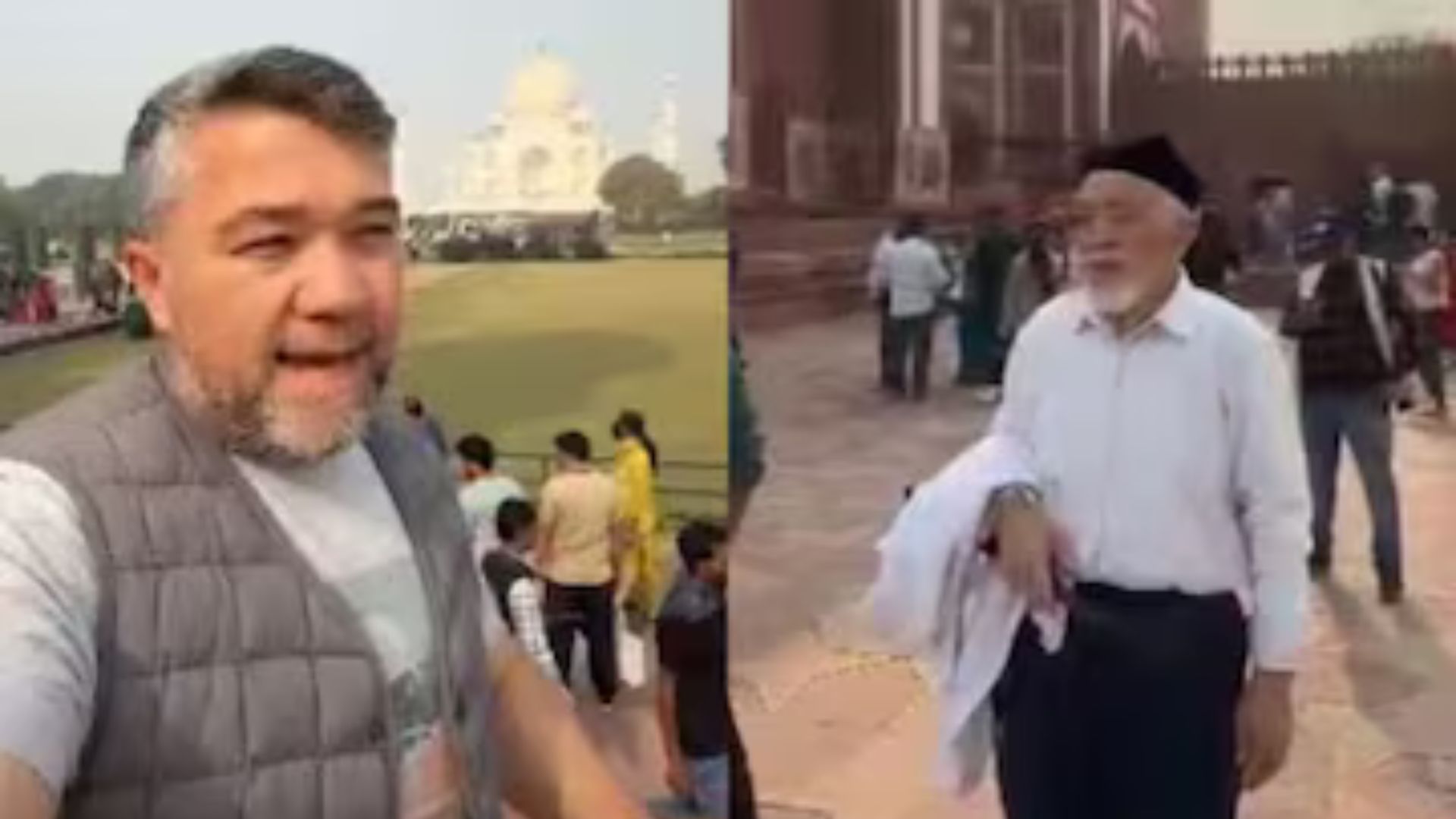Shiromani Akali Dal (SAD) president Sukhbir Singh Badal on Thursday hit out at Bharatiya Janata Party (BJP) after its party leader compared the protesting farmers to Khalistanis and said that farmers do not need a certificate from its former political ally and that those calling farmers anti-national were themselves anti-nationals.
In an exclusive telephonic interview to ANI, Badal said, “You might have seen that no political party has come out openly in the forefront of the ongoing protests that itself shows that these protests are not politically motivated. Secondly, there are elderly women participating in the protests, do they look like Khalistanis? This is a way of calling the nation’s farmers as anti-nationals.” “This is a big insult to the farmers of the country. How dare they called our farmers anti-nationals? Do the BJP or anybody else have a right to declare anybody as anti-national? Does anybody need a certification from them? These people have given their lives for the nation. They have built this nation. They fed this nation and now you are calling them anti-nationals. People who are calling them anti-nationals are themselves anti-nationals,” he added.
On being asked about the government’s efforts to talk to the protesting farmers, Sukhbir Singh Badal said, “Talks do not happen the way they are doing it. Look at the way the farmers were treated on their way to Delhi. Every citizen has a right to protest. It does not mean you treat them so badly. You use lathicharge, use water canons, you block them.”
“The government of India and Prime Minister Narendra Modi are repeating every day that these laws are good. Either they start from zero and then we talk,” he added.
Earlier in the day, former Punjab chief minister Parkash Singh Badal had returned the Padma Vibhushan to protest “the betrayal of the farmers by the government of India”. The Shiromani Akali Dal had earlier ended its decades-old ties with the NDA after the government went ahead with the new farm laws in the last monsoon session.
Meanwhile, the farmers’ protest against the three farm laws entered the eighth day on Thursday with demonstrations on Sant Nirankari Samagam ground in Burari on the outskirts of Delhi and other border points.
A delegation of farmers is meeting Agriculture Minister Narendra Singh Tomar today, said Rakesh Tikait, Spokesperson, Bharatiya Kisan Union.
A group of farmers from Rajasthan joined the protest at Singhu (Delhi-Haryana) border on Thursday.
A farmer told ANI that around 500 more farmers from Rajasthan are reaching Delhi soon.
“The Prime Minister said many times that minimum support price will be protected, so what’s the problem in putting it in writing? Farmers will go back once their demands are met,” said a protesting farmer at the Singhu border.
The government had held the third round of talks with farmer representatives on Tuesday. During the talks, the Centre offered to set up a committee, which the farmers’ unions rejected, and instead demanded a special session of parliament to repeal what they have called “black laws” made to favour corporate bodies. Farmers said they’ll continue their protest till their issues are resolved.
The Union Agriculture Minister had maintained that the farm laws are in the interest of farmers and the reforms have been done after a long wait and the government is ready to address their concerns.
Notably, farmers have warned that Thursday’s talks are the “last chance” for the government to take a decision on the laws.
“Thursday is the last chance for the government to take a decision to repeal the laws. Otherwise, this movement will become huge and the government will fall,” Pratibha Shinde of the Lok Sangharsh Morcha said.
Several farmers from different parts of the country like Uttar Pradesh and Madhya Pradesh are also marching towards Delhi to join the protest against new farm laws.
The farmers are protesting against The Farmers’ Produce Trade and Commerce (Promotion and Facilitation) Act, 2020, The Farmers (Empowerment and Protection) Agreement on Price Assurance and Farm Services Act, 2020, and The Essential Commodities (Amendment) Act, 2020.
WITH ANI INPUTS














